Commodity Fetishism, Consumerism, the Society of the Spectacle, Alienation, and More

We define terms related to “the society of the spectacle” like commodity fetishism, consumerism, “proletarianization,” and alienation.
Virtue theory, or virtue ethics, is the philosophy of vices and virtues, a branch of philosophy that looks at normative ethics in terms of virtue.
That probably sounds more metaphysical than it is, but it isn’t pure metaphysics… it is ethics based on moral principles, it is a type of practical metaphysics.

We define terms related to “the society of the spectacle” like commodity fetishism, consumerism, “proletarianization,” and alienation.

Good Faith is a true attempt, Bad Faith is an intentionally dishonest attempt, Duty is the moral and ethical obligation to make Good Faith attempts.
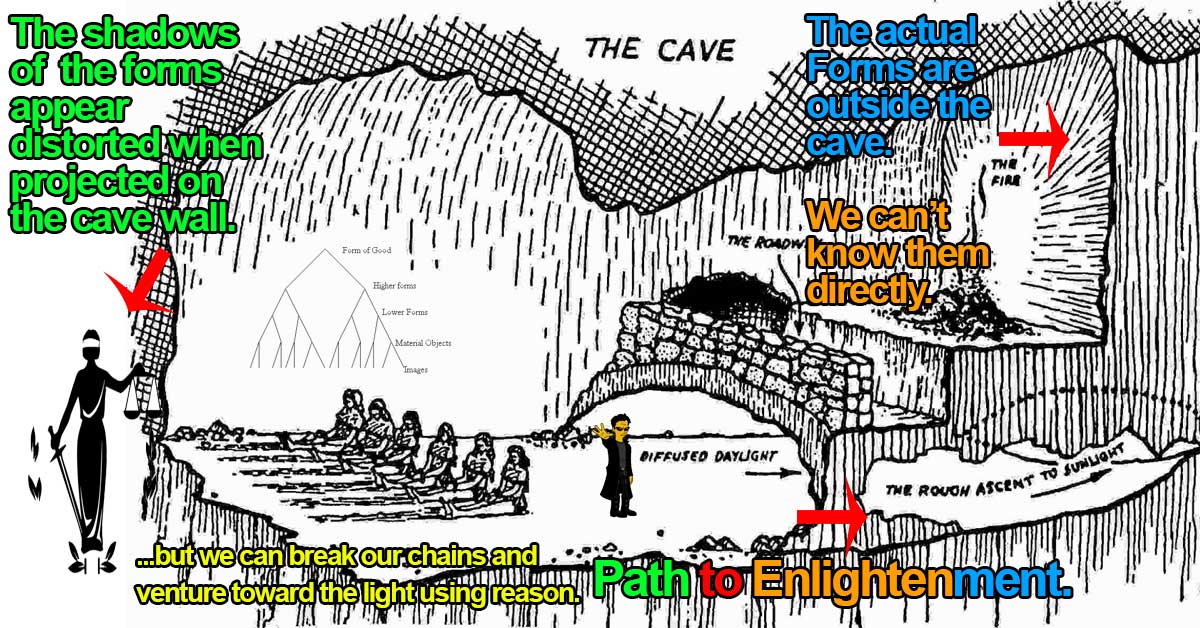
We explain Plato’s Allegory of the Cave and Plato’s Theory of the Forms to help readers understand the essence of Plato’s overarching theory.
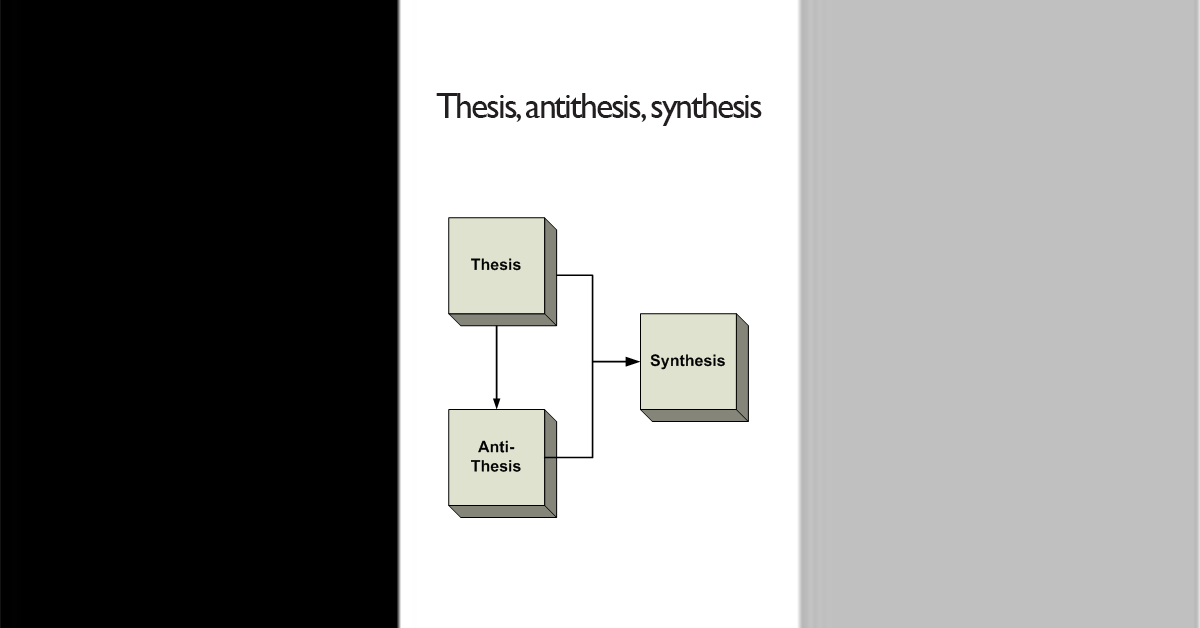
We discuss theories that deal with the nature of abstractions and contradictions including, Dialectics and the Golden Mean theory, and offer a “synthesis” of these theories.

Criminal virtue is a concept eluded to in Machiavelli’s the Prince. It describes calculated “criminal acts” that can help one get ahead in politics.
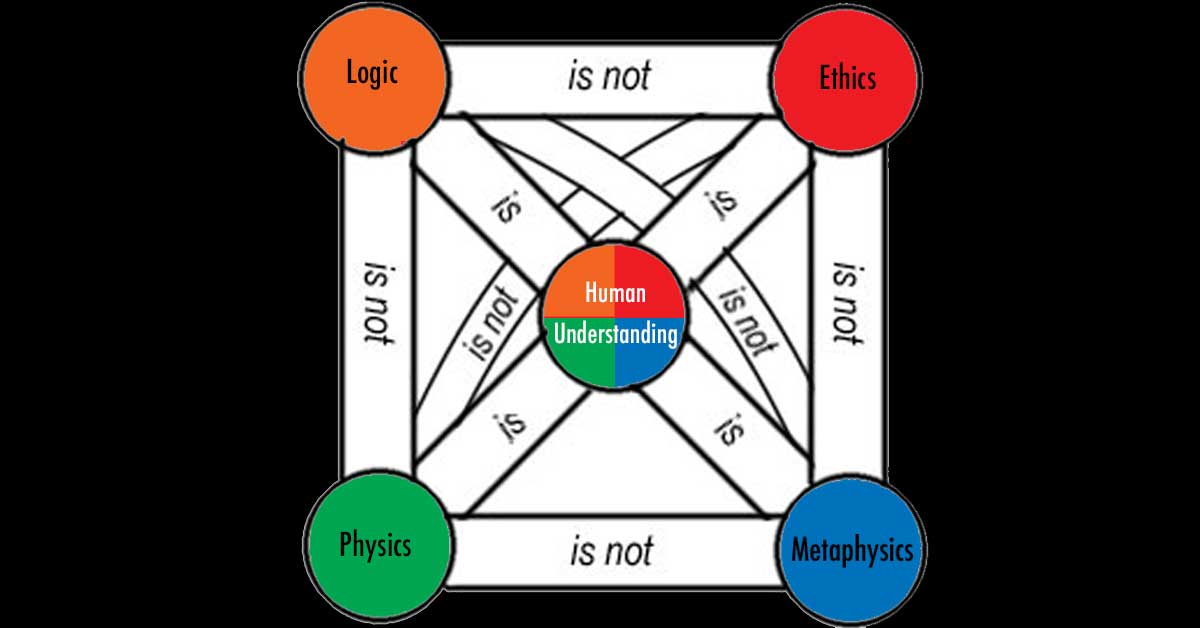
All knowledge, all human understanding, can be said to be of four types: physical (empirical), logical (reason), ethical (philosophy in-action), and metaphysical (pure philosophy).
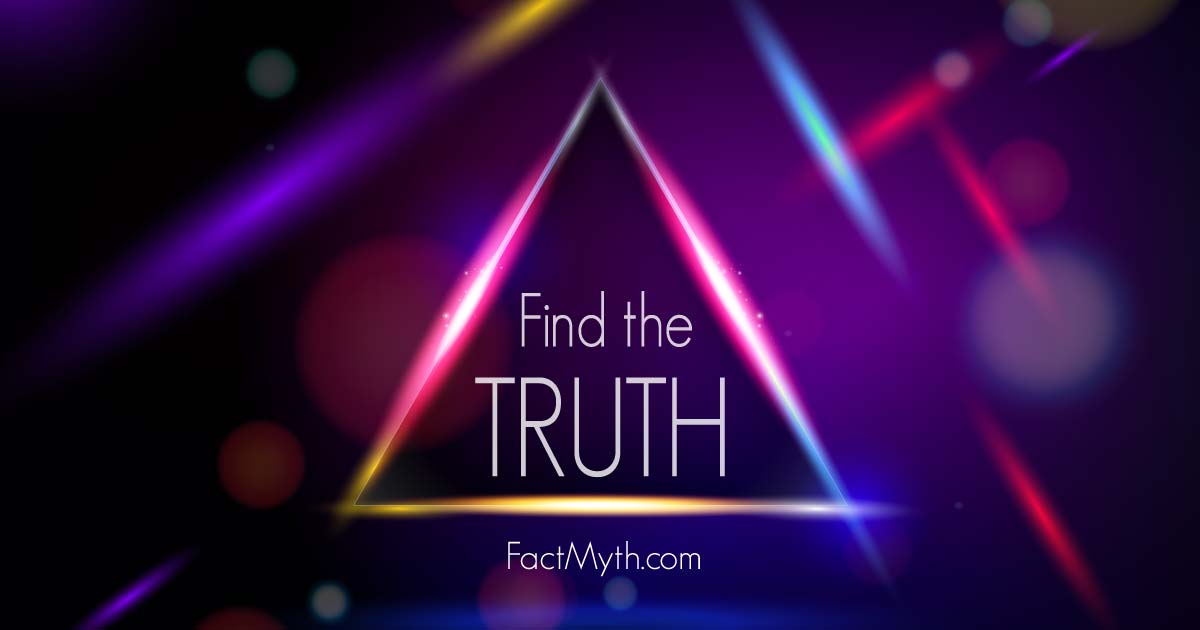
Principles are, in a broad sense, simply rule-sets which we follow. Below we will discuss the importance of different types of principles.
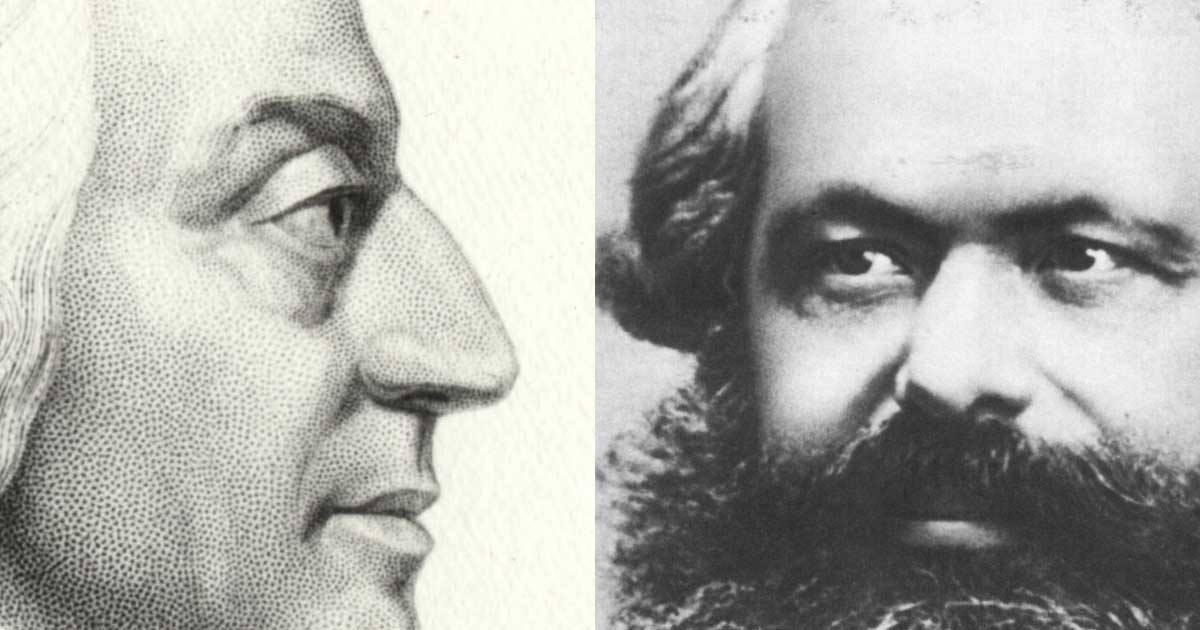
The concept of political correctness can be understood as an excess or deficiency of a few key virtues. Here is a model of “the virtues of political correctness” based on Aristotle’s virtue theory of means.
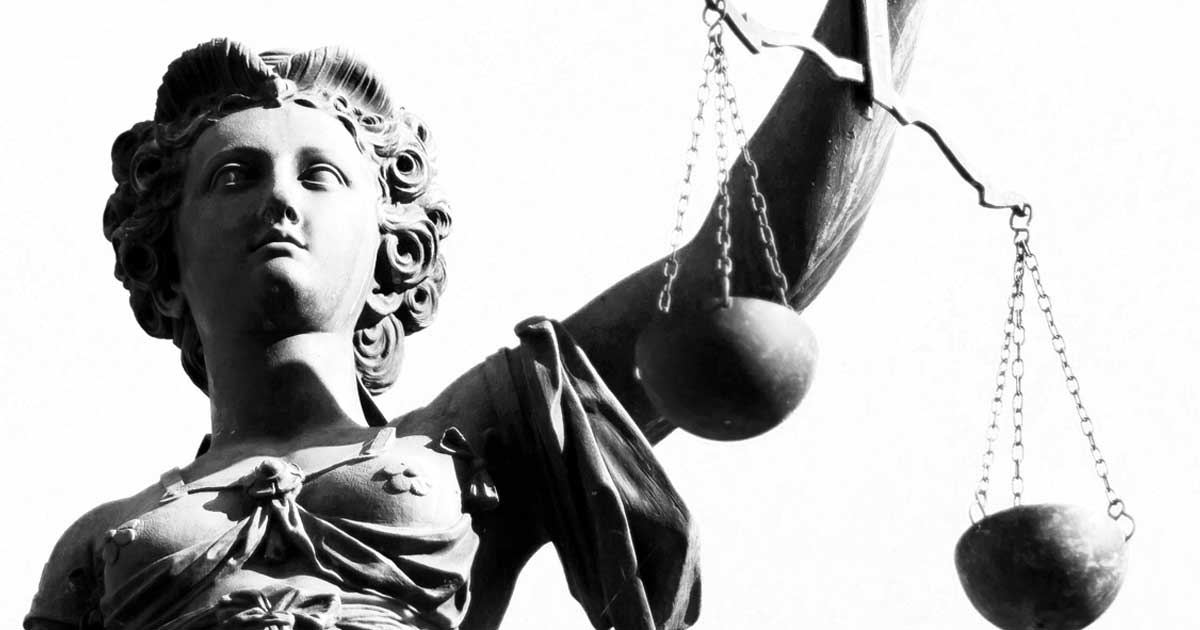
Plato’s Republic, utilitarianism, the philosophies of morality, ethics, politics, virtue, and law are all centered around one question “what is justice?” (AKA “what is fairness?”).

On this page we discuss the concepts of fairness, justice, morality, and ethics as they relate to Utilitarianism.